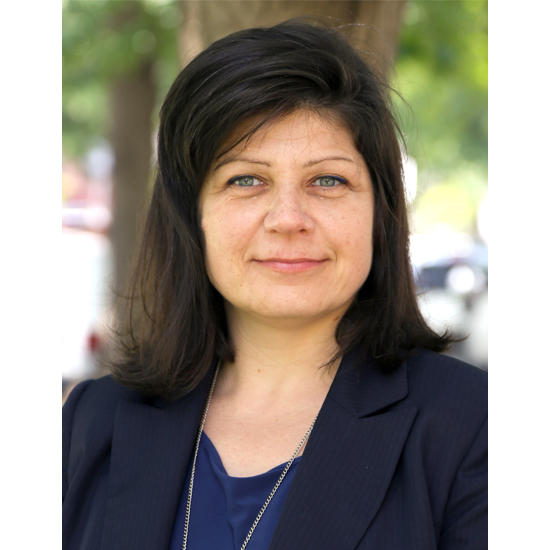
09 Jun HRH2030 Director’s Digest: June 2020
June 2020: Recognizing Health Workforce Resiliency
Dear Colleagues,
The topic of health worker resiliency is still in the headlines, and I expect it will continue to be, as the global health workforce and the world continue to grapple with COVID-19. A new report from the United Nations last month put the focus on mental health, noting that first responders and frontline workers, particularly health workers, are exceptionally vulnerable to mental health issues now, given the stress they endure.
Two weeks from today, on June 24 at 9 a.m. EDT, we’ll join our colleagues at USAID to announce the winners of HRH2030’s Health Workforce Resilience Prize. Announced in January and then opened to entries in February, the prize attracted applications from 31 countries, applicants who were interested in sharing and scaling up their solutions—tools, approaches, or new innovations—that foster the resilience of the health workforce. From 99 applicants, we winnowed down the semi-finalist pool to seven. Over the course of several weeks, it was heartening to listen to innovators who joined us via phone from around the world—connecting with us from Brazil, Nepal, the Philippines, South Africa, Tanzania, Uganda, and Vietnam—about how they are striving to give health workers the resources they need to deliver care, no matter what the circumstances. I’d love to share more, and I will—at our event, when we award $25,000 to each of our two winners. The great news is that you can be there, too, and watch our winners talk about their work. Sign up here for our live virtual event.
Last month, many of our team members participated in another global online event, the Global Digital Development Forum. It was a shining example of how our communities around the world can come together and learn from each other, despite the constraints placed on us by the pandemic. Joined by our partners at USAID, we gave two presentations on the importance of dynamic health workforce data, one showcasing how Indonesia’s MOH is using data to mount an effective COVID response, and the other on National Health Workforce Accounts.
I’m pleased to share more on what we’re learning throughout the other stories in this newsletter. Our most recent report related to the health workforce and family planning was published last month. We interview Erin McGinn, one of the report’s co-authors, who talks about how countries are progressing toward the WHO recommendations on task sharing and self-care for the provision of family planning services. Our colleagues Katy Gorentz and Juan Barco share what they have learned (link) about how to measure collaboration, through the lens of their work with our HRH2030 activity in Colombia. We’re also highlighting resources related to optimizing the health workforce to promote client-centered HIV care, specifically from our work in Indonesia. And, in case you missed it, we’ve included an interview with Dr. Christophe Nduoua, the coordinating director for the National Malaria Control Program in the Central African Republic, who talks about his country’s efforts to move toward malaria control.
We’ve learned so much about the global health system over these past three months. I speak for all of my team when I say how grateful we are for all of our partners and colleagues who continue to share their knowledge through webinars, live convenings, and various forms of media dissemination. We all know there is much more learning to do in the months and years to come. Thank you for being part of our community as we do this work. And thanks, once again, to all the health workers and researchers, who are the frontlines. You make it all possible!
Best,
Wanda Jaskiewicz
Project Director, HRH2030






